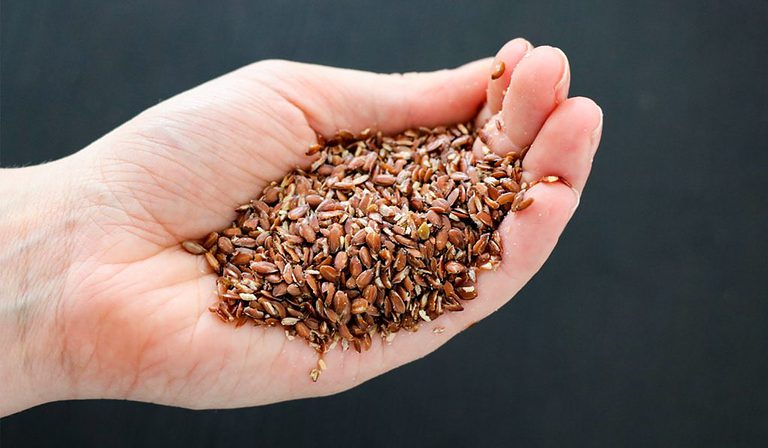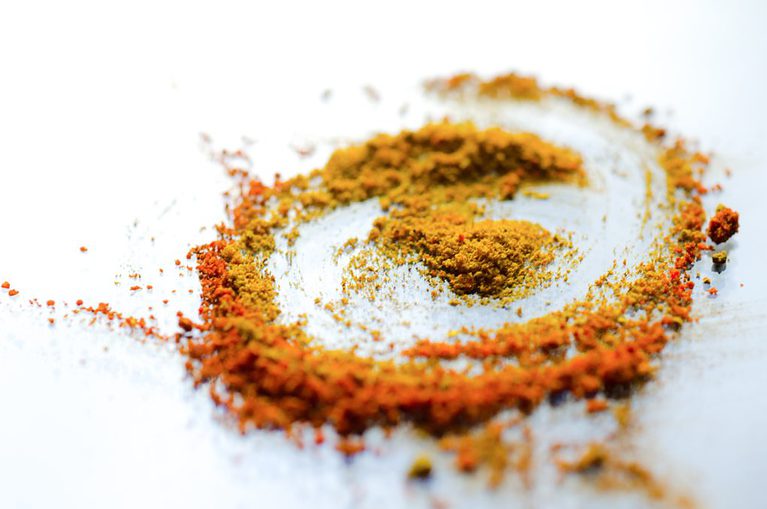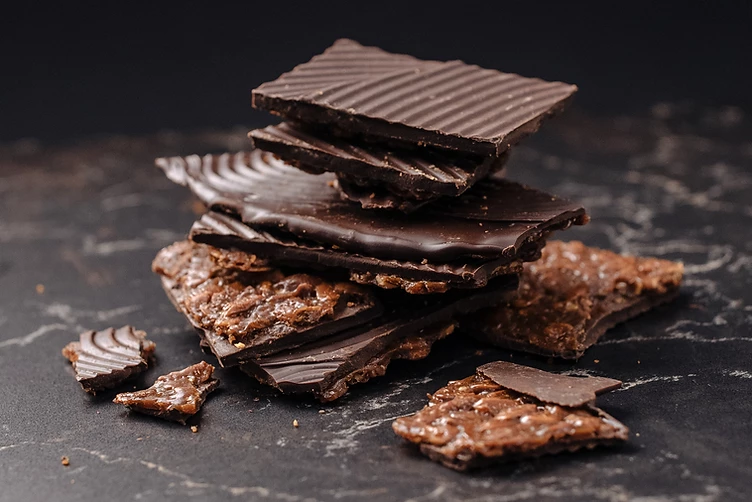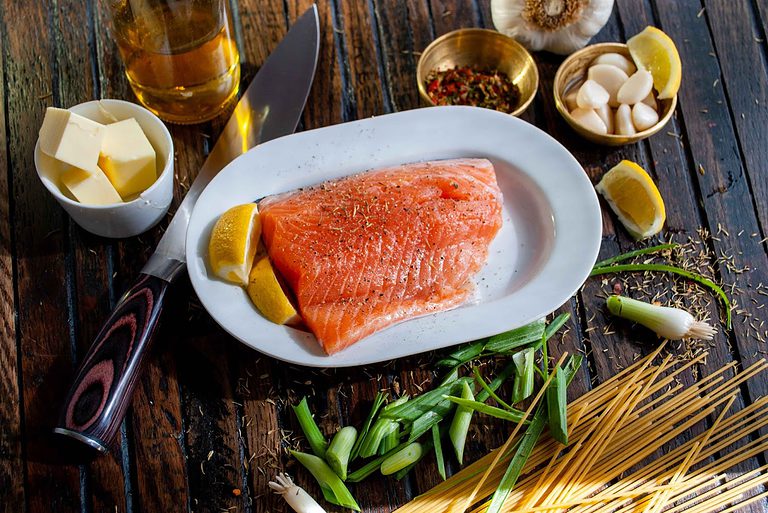While we’re used to hearing about the impact of alcohol and drugs on fertility, did you know that there are foods which can negatively impact your chances of conceiving – for both men and women?
It is one of the most common but also one of the toughest questions I get asked as a fertility dietitian, as I really love to help men and women embrace what foods they can be focusing on and eating more of when trying to conceive.
However, the more we research the impact of both women’s and men’s pre-pregnancy diets on their fertility, ability to conceive, and the health of their future bubba, the more significant diet appears to be.
You’ve already heard you should focus on a diet filled with whole grains, healthy fats, vegetables, fruits, lean proteins and fibre to improve fertility in women and semen quality in men, but let’s dive into the foods you should be avoiding when trying to conceive.
1. Processed meats
Research has shown processed red meat has a negative impact on fertility if eaten too regularly – especially for men! Men who eat excessive processed red meat had 23.2% fewer healthy, normal sperm (Afeiche et al., 2014).
Women who were eating too much processed meat were also 40% more likely to have ovulatory dysfunction (Afeiche et al., 2014) – and if you can’t ovulate regularly, you have fewer chances of conceiving unassisted. Just one extra serving of processed meat each day reflected a 32% higher risk of issues with ovulation! (Afeiche et al., 2014).
Processed red meats like bacon can include harmful chemicals such as nitrates, which are used to preserve these meats, keeping them fresher and tastier for longer. Not to mention, processed meats contain high amounts of trans fats (the “bad” fats you want to limit) and can have an inflammatory effect on your body. Plenty of studies have found eating too much of these can contribute to your risk of some cancers and other health complications (Xia et al., 2015). So, limiting these when trying to conceive seems like a no-brainer!
However, before you feel the need to go vegetarian or vegan, it might interest you to know that, on the other hand, eating chicken has been shown to improve a man’s ability to fertilise an egg (Xia et al., 2015)!
2. Excessive coffee

I know, I know, telling you to give up your morning coffee is a cardinal sin! But don’t worry, you don’t have to go to extreme lengths.
Caffeine has been found to interfere with estrogen production and other hormones essential for conception (Hatch et al., 2012). This, in turn, can impact ovulation, the length of time a woman is fertile for, and other aspects of the menstrual cycle.
There’s some debate on whether people trying to conceive should stick to less than 200 or 300mg of caffeine per day – the equivalent to two or three cups of coffee (Lyngso et al., 2017). The good news is, there’s no need to go without your blessed morning coffee!
3. Excessive alcohol

While we all know you shouldn’t drink too much while pregnant, did you know that alcohol can reduce both female and male fertility and chances of conceiving too? Even light drinking can affect your chances of falling pregnant (Heertum et al., 2017), and increase the time it takes to conceive.
For men, heavy drinking can lead to lower sex drive, impotence, poor sexual performance, and can also impact the quality of their sperm (Heertum et al., 2017).
Research has shown that women who drink seven or more alcoholic drinks per week are more likely to experience fertility complications. Alcohol can affect ovulation and menstrual cycle regularity, as well as reproductive hormones such as estradiol, testosterone and LH, making it difficult to conceive (Heertum et al., 2017).
We’re still not certain how much alcohol is safe to drink when trying to conceive, so it’s recommended to avoid drinking altogether to make your chances as good as possible!
And sorry boys, it’s also been found that women whose partners abstain from drinking with them are more likely to be able to stay away from the booze (Heertum et al., 2017)! So that means you, too!
Need help with what to say at a social gathering when avoiding alcohol? Check out my top tips here.
Are you planning to start trying to conceive in 3-12 months?
Boost Your Fertility Knowledge with our first-of-its-kind approach!
With Weekly Modules from 4 Key Professionals in fertility and Pre-Conception!
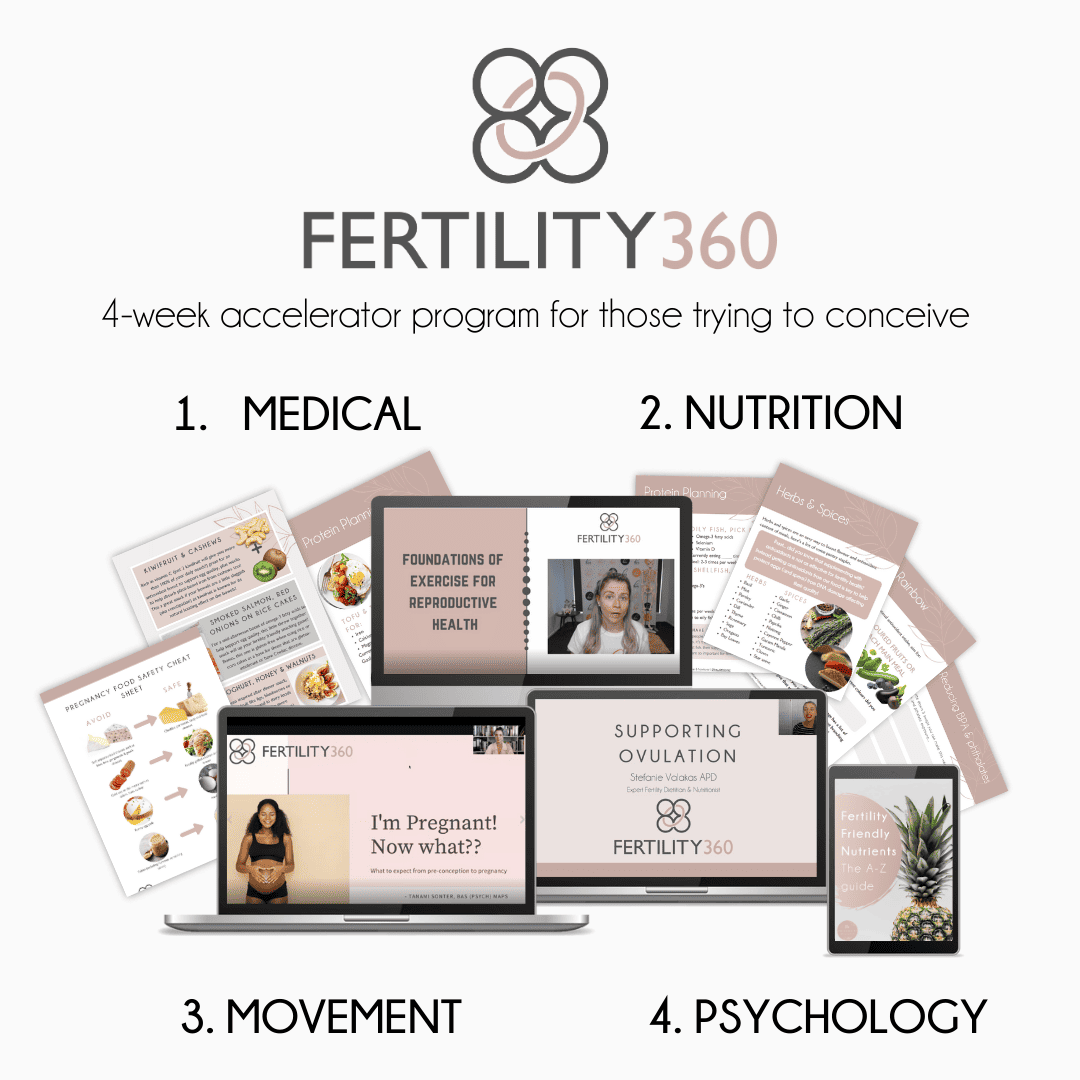
4. Mercury-rich fish
Mercury is an element with strong impacts on both male and female fertility and conception. Mercury can affect the shape, movement, quantity and quality of sperm, as well as impacting male libido and ejaculation (Bjorklund et al., 2019).
And yes, it gets worse… Mercury can also influence the levels and function of estrogen and fertility in women. It can lead to conditions including polycystic ovary syndrome, premenstrual syndrome, premature menopause, and endometriosis.
Basically, it’s no good for anyone trying to conceive!
Women looking to conceive should limit the amount of mercury-rich fish they’re eating, such as shark, marlin and swordfish (Food Standards ANZ, 2019). The particular types of fish which tend to be high in mercury are those that live longer, or are predatory and therefore consume higher levels of mercury by eating other fish.
Stick to fish such as salmon, trout, anchovies, and sardines – rich in healthy fats and omega-3s, and a whole lotta yum!
Find out more about the benefits of omega-3 fatty acids for fertility here.
5. Soft drinks and sodas
Drinking one or more sugar-sweetened soft drinks, energy drinks or sodas daily has been shown to lead to lower fertility for men and women… And significantly! These drinks have been linked to a 20% reduction in the average monthly chances of conception for both sexes (Wesselink et al., 2018).
These sugary drinks can cause increased insulin resistance, metabolic syndrome and weight gain – all of which are linked to PCOS, a leading cause of infertility (Wesselink et al., 2018).
So basically, minimal coffee, alcohol, and sugary drinks…. Water it is!
6. Refined carbohydrates and sugars

By now, you’re probably picking up on the fact that a healthy diet = increased chances of conceiving. So, in line with that, refined carbohydrates and sugars also have a negative impact on your chances of conceiving a baby.
For men, a high intake of sugar and refined carbs has been linked to lower semen quality and increased infertility (Panth et al., 2018).
And what’s more, there’s a clear link between high sugar diets and lower fertility in women, too (Antoniotti et al., 2018). Elevated levels of toxins found in processed foods (like refined carbs and sugars), as well as the inflammation these foods can contribute to in the body, can have a detrimental effect on the cells lining a woman’s womb, potentially preventing a successful pregnancy (Antoniotti et al., 2018).
Eating these refined carbohydrate-rich foods regularly can also make it more challenging to maintain a healthy weight, which is known to help improve your chances of conceiving, whether you are male or female,
Avoiding excessive amounts of sugar (sorry ladies and gents), and eating more plant-based foods and wholegrains is the way to go!
So when do I have to start watching my diet if I want to conceive?
Focusing on your diet for three months before you start trying to conceive is key – and that’s for both men and women! The phrase “it doesn’t happen overnight” has never been more accurate!
While a woman is born with all the eggs she’ll ever have in her lifetime, essentially making her diet choices all throughout life important, each egg takes 90 days to mature, so any eggs which start to mature today will be released in ovulation in about three months time.
Similarly, for men, sperm takes about three months to develop in the man’s body, making this three-month period equally critical!
If you’re looking for more help with what you should and shouldn’t be doing while trying for a baby, get all the answers today! Apply to work with us one-on-one here and let’s develop a tailored plan for your goals!
This blog was co-written by Emily Smith, a Nutrition and Dietetics student at The University of Sydney. You can find Emily on Instagram @emilygracehealth and on LinkedIn.



